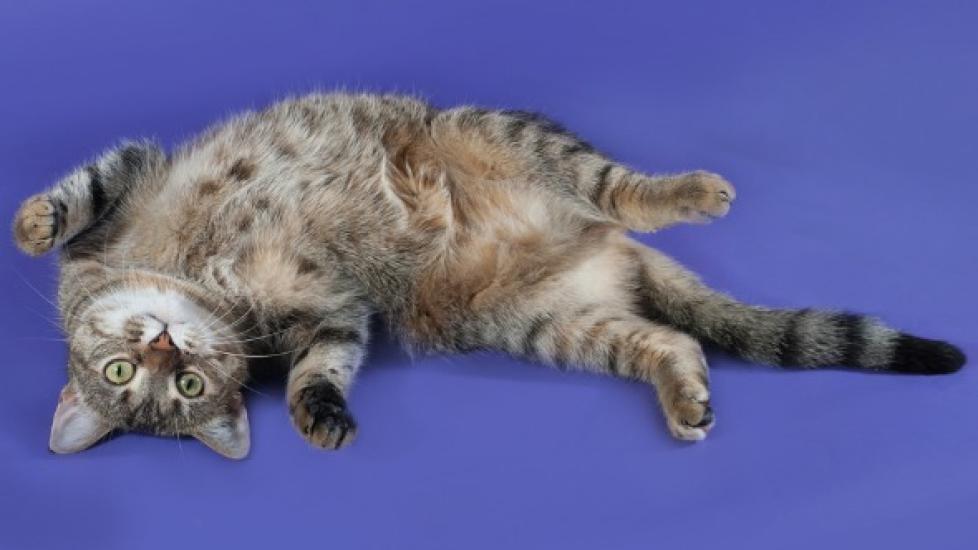Hernia (Inguinal) in Cats
Inguinal Hernia in Cats
An inguinal hernia is a condition in which the abdominal contents protrude through the inguinal canal or inguinal ring, an opening which occurs in the muscle wall in the groin area.
Inguinal hernia can occur in both dogs and cats. If you would like to learn how this type of hernia affects dogs, please visit this page in the petMD health library.
Symptoms and Types
Inguinal hernias may be uncomplicated or complicated. A complicated hernia is one in which contents of the abdominal cavity have passed through the opening and become entrapped.
Symptoms seen with an uncomplicated inguinal hernia are:
- A soft swelling in the groin area, which may occur on one or both sides of the body
Symptoms seen with a complicated inguinal hernia may include:
- Swelling in the groin area, which may become painful and warm to the touch
- Vomiting
- Pain
- Frequent attempts to urinate
- Bloody urine
- Lack of appetite
- Depression
Causes
In cats, inguinal hernias are usually traumatic in origin.
Most are uncomplicated and cause no symptoms other than a swelling in the groin area. However, if contents from the abdominal cavity (such as the bladder, a loop of intestines or the uterus) pass through the opening and become entrapped there, the situation can become life-threatening.
Diagnosis
Inguinal hernias can usually be diagnosed by finding the swelling caused by the hernia on a physical examination. However, sometimes contrast radiographs (x-rays) or an abdominal ultrasound are needed to determine which abdominal contents, if any, are entrapped.
Treatment
Treatment is surgical correction of the opening and replacement of abdominal contents back into the abdomen if necessary.
Help us make PetMD better
Was this article helpful?
